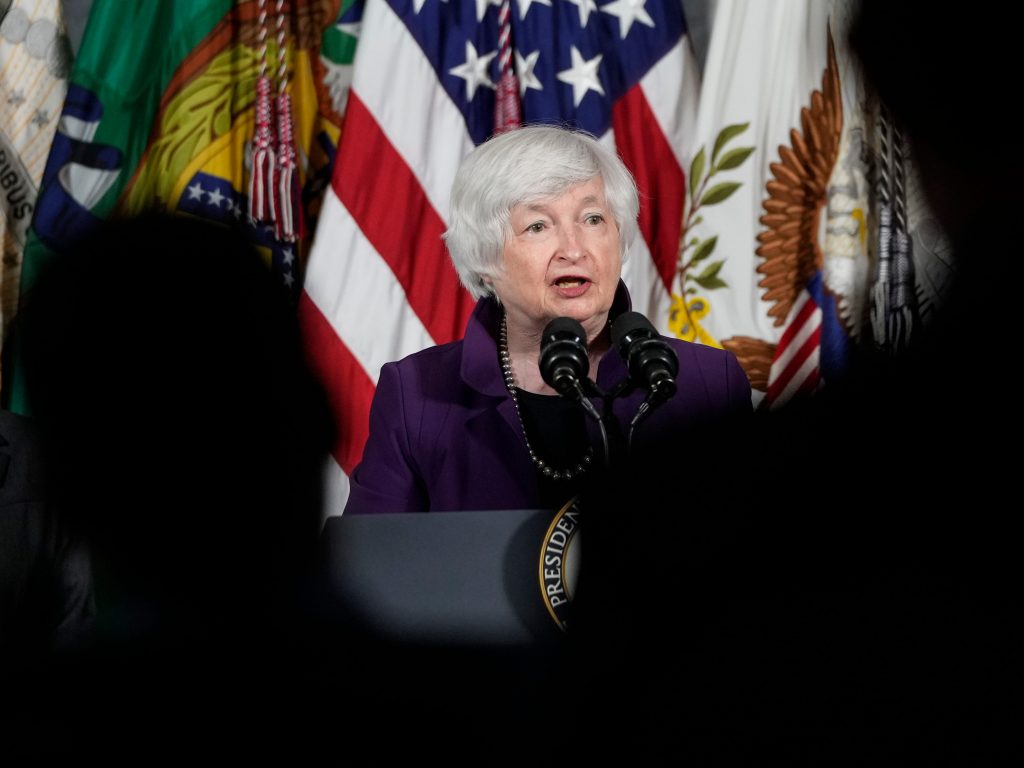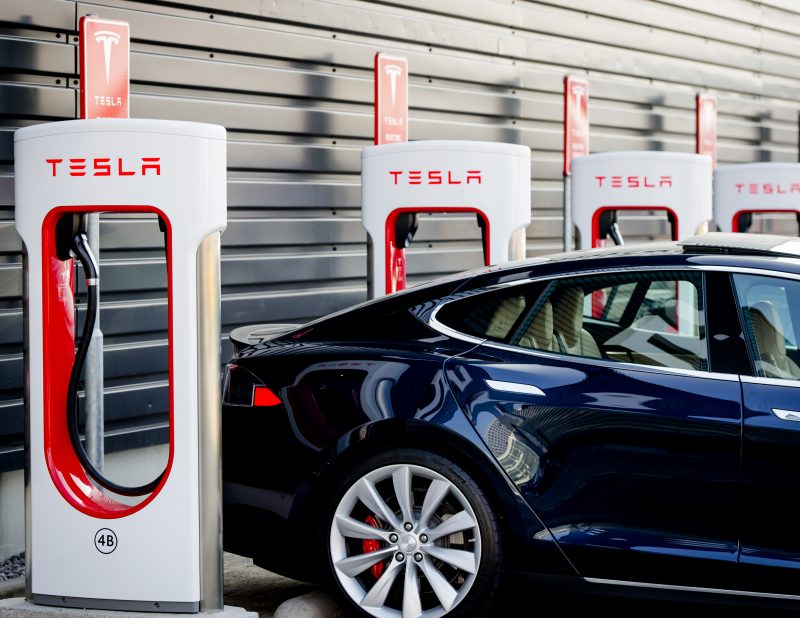- Janet Yellen admitted "I was wrong" when she said last year that inflation was a small, manageable risk.
- "There have been unanticipated and large shocks to the economy," the Treasury Secretary said in a CNN interview Tuesday.
- The US economy is under pressure from inflation at 40-year highs, as the Fed scrambles to tame it.
Treasury Secretary Janet Yellen has admitted she failed to recognize last year just how big a problem inflation would become, when she dismissed it as a small and manageable risk.
The former Federal Reserve chair on Tuesday discussed the challenge facing the US central bank right now, as it tries to tame inflation running at 40-year highs.
"I think I was wrong then about the path that inflation would take," she said, when shown clips of her downplaying inflation risks on CNN's "The Situation Room".
In those comments, Yellen signaled she didn't expect inflation to be a long-term problem, describing it as a small risk that was manageable. But she acknowledged events had proved the opposite.
"There have been unanticipated and large shocks to the economy that have boosted energy and food prices, and supply bottlenecks that have affected our economy badly, that at the time I didn't fully understand, but we recognize now," she said in the interview with Wolf Blitzer.
Asked whether inflation would get worse, Yellen replied: "We can't rule out further shocks."
"Inflation's too high, and it's got to be brought down," she added.
Though US inflation is showing signs of cooling, it is still running at levels not seen in four decades. Russia's invasion of Ukraine and related Western sanctions have driven higher prices for food, gasoline, and key commodities. Restrictions to help combat COVID cases have helped cause supply-chain problems that have lifted the price of input goods for manufacturers such as carmakers.
US stock markets have slid in 2022 so far as investors grappled with uncertainty about inflation and what path the Fed might take to tackle it. The Dow Jones Industrial Average is down 9.2% as of Tuesday's close, while the S&P 500 has fallen 13.3%. The tech-heavy Nasdaq has taken the biggest hit, with a 22.8% drop.
The Fed is under pressure to tame inflation and is taking aggressive steps to do so. It signaled it will likely raise interest rates by 50 basis points at its meetings in June and July, after increasing rates by that amount in May — its biggest hike at one meeting in 22 years.
It has also pledged to reduce its $9 trillion balance sheet by as much as $95 billion a month, set to start Wednesday.
Analysts and economists such as Mohamed El-Erian have called out the central bank's policymakers for being too slow to act on inflation and not being aggressive enough earlier. Some are now worried that the Fed — by now being hawkish as it scrambles to deal with the problem — might tip the US into a recession.
"The current inflation is, in too many ways, like watch(ing) a tragedy/horror film with one qualification: Too much of it was predictable, and some of it was avoidable," El-Erian tweeted this month.










